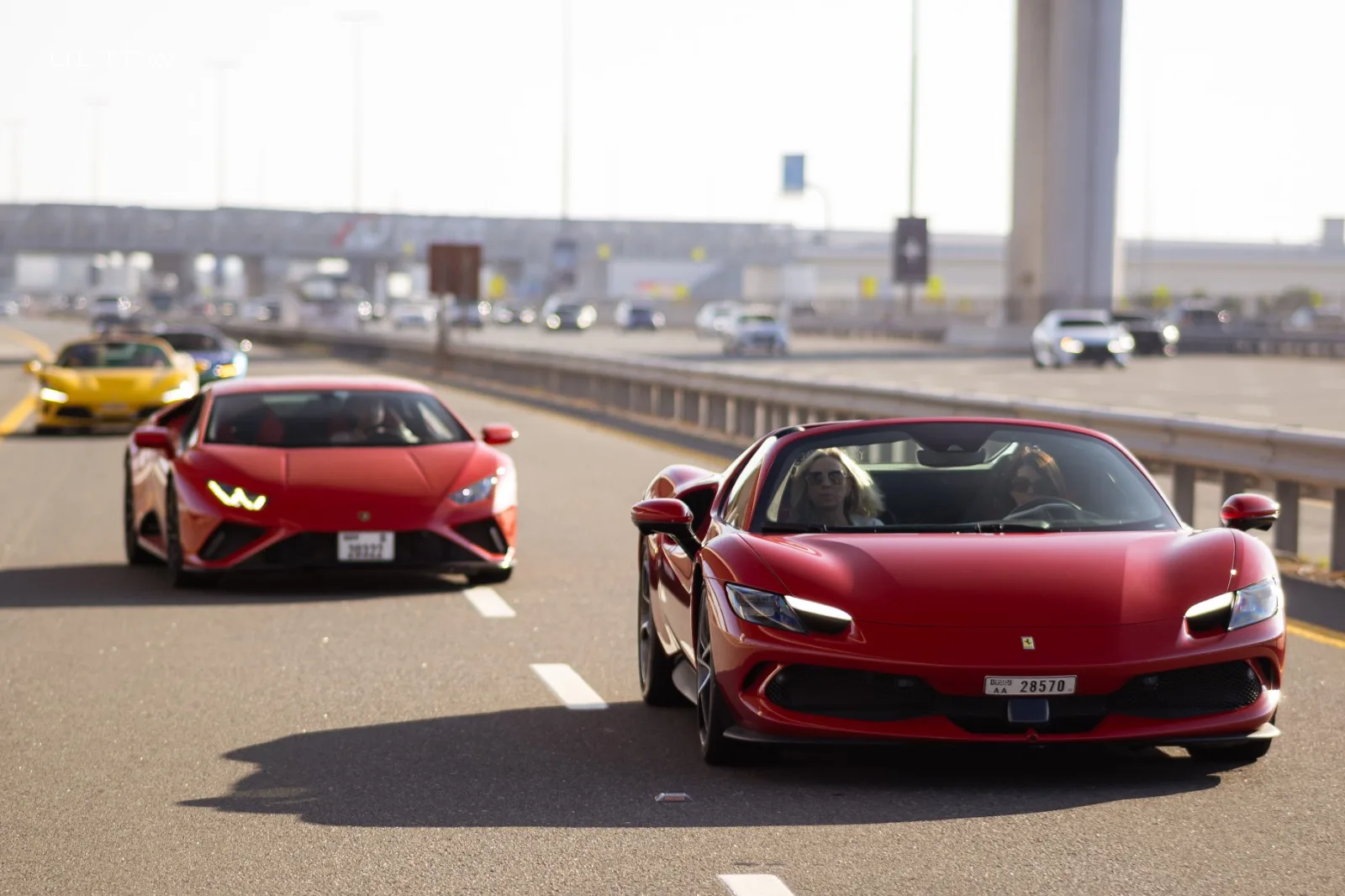South Africa’s Untapped Economic Goldmine: Luxury Tourism & Ultra-High-Net-Worth Individuals Can Drive Job Creation and Stimulate Economic Growth
South Africa’s luxury tourism sector holds the key to unlocking unprecedented economic growth, global prestige, and job creation, argues Roxy Robinson, Founder and Director of Roxstar Global Consulting, and Roxstar Luxury Travel.
“Luxury inbound tourism is not a niche indulgence – it’s an untapped economic goldmine,” says Robinson. “South Africa has all the right ingredients to rival destinations like the Maldives, Dubai, and St. Barths, and with the right strategy, this sector could transform our tourism economy.”
Each year, more than 100 high-end luxury villas in Cape Town are booked by ultra-high-net-worth individuals (UHNWI) who fly in for exclusivity, privacy, and world-class services. Some have annual commitments to visit our shores, and tend to arrive by private jet for glamorous New Year’s Eve events in Clifton villas – such as the Luxus Villa – underscoring the scale of opportunity already at play.

According to Fortune Business Insights, the global luxury travel market will surpass USD 2.72 trillion in 2025, growing at a CAGR of 8.56% to nearly USD 4.83 trillion by 2032. In parallel, Global Growth Insights estimates that luxury safari tourism alone will reach USD 1.575 billion in 2025, rising to USD 2.894 billion by 2033.
For South Africa, these figures translate into real impact. The latest market analysis projects that luxury and niche tourism growth could increase the sector’s contribution to GDP to 10.8% by 2034, creating over 720 000 new jobs in the process.
South Africa’s unique competitive edge lies in its fusion of concierge-level service, authentic culture, and sustainability. High-touch private hospitality – from chef-led villa dining to curated wine, art and private game lodges of the likes of the Singita Group – all provide the kind of transformative experiences increasingly sought by the world’s wealthiest travellers.
Robinson also highlights South Africa’s culinary capital as a drawcard. In 2025, Cape Town restaurants La Colombe, FYN, and Salsify at the Roundhouse featured on the World’s 50 Best Restaurants extended list, while the country as a whole was named Africa’s Best Culinary Destination at the World Culinary Awards just last year.

“When global recognition shines on our chefs, vineyards, lodges, and villas, it elevates South Africa’s place in the luxury travel map. For ultra-high-net-worth travellers, these are powerful signals of quality and prestige,” Robinson notes.
Robinson argues that luxury tourism should be positioned as a cornerstone of South Africa’s long-term economic future. By enhancing visa accessibility, investing in sustainable, high-end lodges, and marketing the country’s blend of luxury and authenticity, South Africa can claim its rightful place as a global leader in premium travel.
“UHNWI tourism has the potential to be South Africa’s new gold rush,” says Robinson. “It is time we mine this opportunity with the same focus and urgency we apply to any other strategic industry. The return – in jobs, growth, and global influence – will be extraordinary. The fact that we are just a stone’s throw away from island experiences like the Seychelles and Mauritius simply offers ultra-high-net-worth individuals with a host of experiences they simply do not want to miss”
